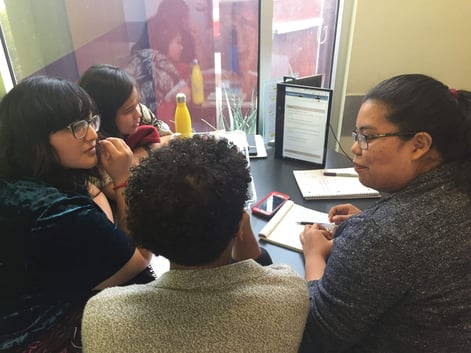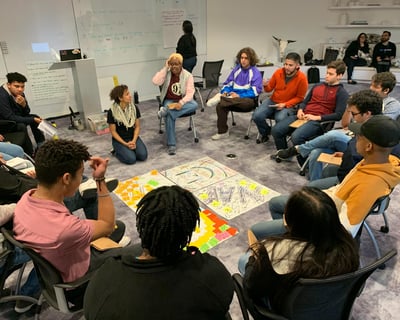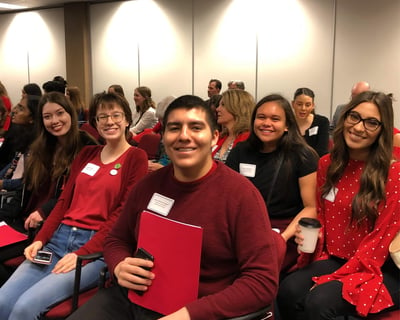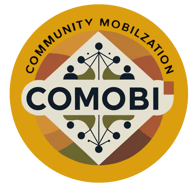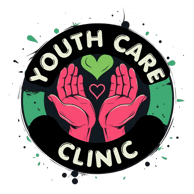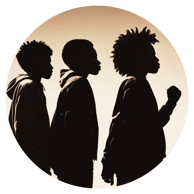RE:AFFIRM HUMAN RIGHTS
Through advocacy and direct action, we focus on divesting from systems of harm—specifically incarceration, deportation, gender-based violence, and other forms of state-sanctioned oppression. We engage youth in collective organizing to challenge systems of power that perpetuate violence, displacement, and marginalization. We build youth leadership by offering them the chance to lead organizing campaigns, mobilize their peers, and take on key roles in decision-making processes. Through training and mentorship, youth learn how to run campaigns, speak at public forums, and effectively mobilize communities around issues of systemic harm.
